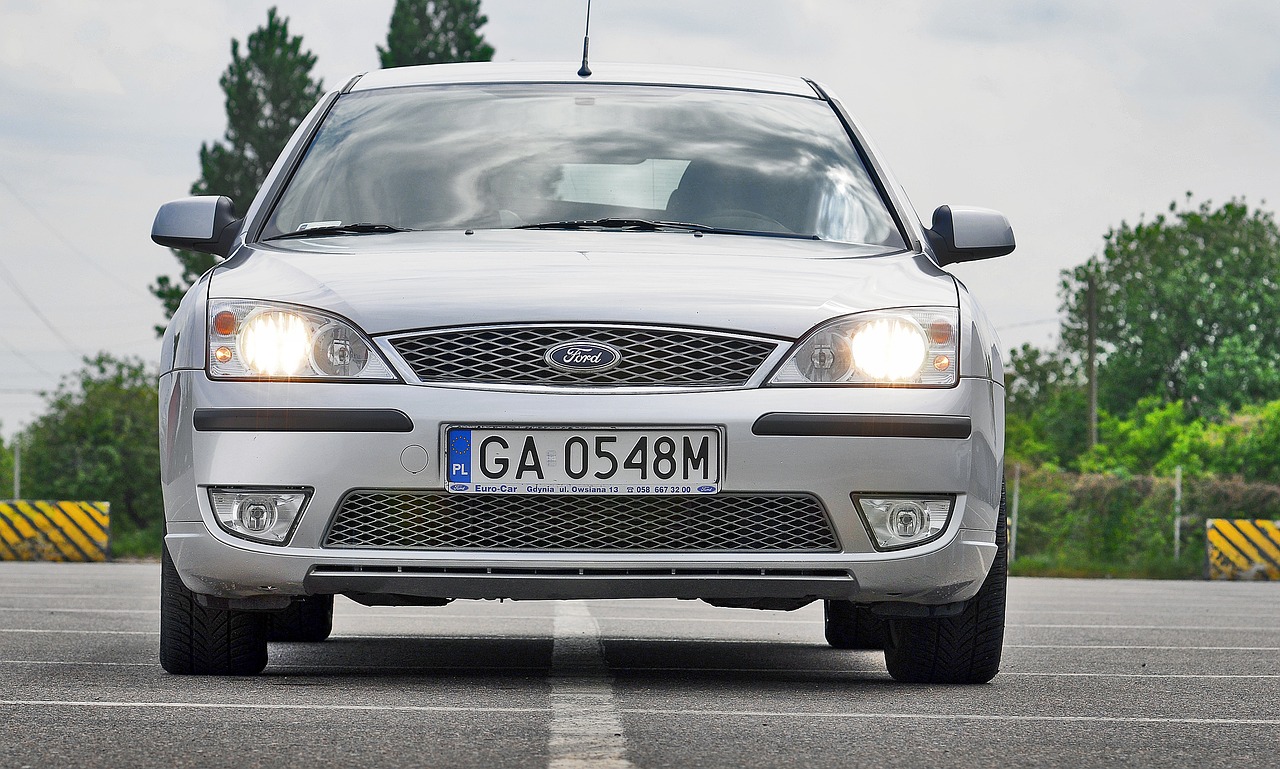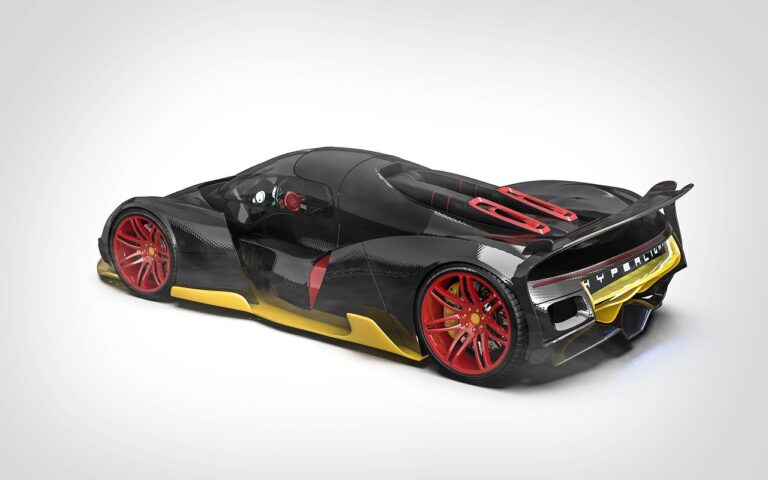The Impact of Connected Cars on Traffic Control Systems
Connected cars are playing a pivotal role in enhancing traffic flow on roads around the world. Through the use of advanced technologies such as sensors and real-time data analysis, these vehicles are able to communicate with each other and with traffic control systems to optimize driving conditions. This means that traffic congestion can be minimized, leading to smoother and more efficient traffic flow for all road users.
Moreover, connected cars are able to provide drivers with up-to-date information on traffic conditions, road closures, accidents, and other important updates in real-time. This allows drivers to make informed decisions about their routes and enables them to avoid potential traffic bottlenecks. By leveraging the power of connectivity, connected cars are transforming the way we navigate our roads, ultimately improving traffic flow and enhancing the overall driving experience.
Challenges Faced by Traffic Control Systems with the Integration of Connected Cars
A significant challenge that emerges with the integration of connected cars into traffic control systems is the issue of data overload. With countless vehicles transmitting real-time information, processing and analyzing this vast amount of data becomes a daunting task for traditional traffic control systems. The sheer volume of data can overwhelm the system, leading to delays in decision-making and potentially affecting traffic flow optimization.
Another key challenge lies in ensuring the security and privacy of the data transmitted by connected cars. As these vehicles communicate with infrastructure and other cars, there is a risk of malicious attacks on the network. Ensuring the integrity and confidentiality of the data becomes paramount to prevent any disruptions or unauthorized access that could compromise the efficiency and safety of the traffic control system. Cybersecurity measures must be robustly implemented to safeguard the data exchanged within the connected car ecosystem.
How are connected cars improving traffic flow?
Connected cars can communicate with traffic control systems to provide real-time data on traffic conditions, allowing for more efficient traffic management and optimization of traffic flow.
What are some challenges faced by traffic control systems with the integration of connected cars?
Some challenges include ensuring seamless communication between connected cars and traffic control systems, addressing potential cybersecurity threats, and managing the influx of data generated by connected cars.
How can traffic control systems overcome these challenges?
Traffic control systems can implement robust communication protocols, prioritize data security measures, and utilize advanced data analytics tools to effectively manage the integration of connected cars.





